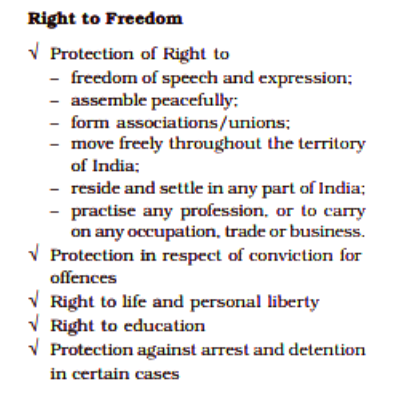Bonnard Standard | 20 Sep 2025
The Supreme Court (SC) of India has reaffirmed the Bonnard standard, emphasizing strict conditions for granting pre-trial injunctions in defamation cases, particularly involving journalists, to safeguard freedom of speech and public interest.
Bonnard Standard
- About: Established in Bonnard vs Perryman (1891, United Kingdom); sets the standard that an injunction can only be granted if the court is satisfied the defendant cannot justify the defamation claim, and not just based on suspicion.
- An injunction is a court order that requires someone to do or stop doing a specific action.
- 2024 Bloomberg Case: The SC in 2024 upheld this principle or standard, striking down an ex parte injunction against Bloomberg.
- The Court emphasized the importance of protecting free speech and public debate, stating such injunctions should be granted only when not granting them would cause greater injustice.
- Violation in Adani Case: A Delhi trial court order barred journalists from publishing allegedly defamatory content about Adani Enterprises Ltd (AEL) and permitted the plaintiff (Adani) to demand takedowns within 36 hours violated this standard by:
- Issuing an ex parte ad interim injunction without hearing the journalists' defenses.
- Acting as a "prior restraint" on publication, seen as an unconstitutional restriction on the fundamental right to free speech under Article 19(1)(a).
- Legal Framework:
- Article 19(2) of the Constitution outlines reasonable restrictions on free speech, including defamation. However, restrictions must be justified.
- The SC has repeatedly criticized the granting of ex parte injunctions without a proper trial, emphasizing the severe consequences these may have on freedom of speech and the public’s right to know.
|
Read More: Landmark Rulings Safeguarding Freedom of Press in India |

